For nearly six years now, most who read this blog have been aware of Microsoft's efforts to "revive" its smartphone platform. We've seen truly unique interfaces, only to be watered down. We've seen intriguing phone hardware, only to give away to your average run of the mill Lumias. For a fan of the ecosystem, staying with it has almost been as hard as being a Cubs fan… almost.
Now by no means am I an expert on how to change all this. I don't have visions of revolutionary designs or UI schemes. I don't have a magic wand to make all the bad press go away and see Windows Phone get a fair shake. I'm just an observer, one who sees two critical problems. And believe it or not, both issues have nothing to do with apps.
Company Misdirection and MisfiresWhen the all-new windows phone was revealed several years ago, it was new. It was fresh. It was like nothing I had ever seen on a phone before. The design was questionable at first. But, the more I used it, the more I couldn't go back to my iPhone. I was hooked. In the years since Microsoft has failed to innovate fast enough. The basic smartphone features that took far too long to complete. Remember copy and paste? The company that revolutionized the word processor couldn't make that basic function happen right away. Over time, the software improved, but only to the standard that was already set by veteran iOS and Android offerings. By the time Microsoft caught up, they were another lap ahead.
Next came fascinating hardware gambles, first in the form of top-of-the-line cameras, and culminating in the outright purchase of Nokia. Unfortunately, the Microsoft-Nokia blockbuster deal had the same staying power as a Hollywood power couple.
Criticism and NegligenceWhile I am critical of the path Microsoft has traveled in the smartphone realm, they are not deserving of all of the blame. There are many 'Microsofties' who cannot stand the love affair with the iPhone, and the ability of millions to overlook significant problems in both hardware and software over the years. I agree. As a journalist myself, I see the coverage and criticism as slanted. But, like any public figure or company, there's nothing you can do about it. And Microsoft took that mantra to a self-defeating extreme. There were passing attempts to better train employees at carrier locations. There was a splashy ad campaign or two. But what was lacking was the substance, the game-changing deal. At times, Microsoft was crying out for attention, like a once-beloved grandfather now in assisted living, wishing his young kids would pay him a visit now and then.
Despite the Headlines… It's Not Too Late!Through all of this, I've stayed. And although there are few of us still out there I know many still see the value of a Windows Phone. I know I do. I currently own my 5th-gen Windows Phone, a Lumia 950. Hands down, the best phone I've ever held, even though I had to shed a few extra bucks to buy a back cover that made it look like I hadn't yanked it from a bin at Walmart. I am a member of the Insider Preview, living on the edge that is known as the fast ring. And I love it. The bugs are manageable and the growing stability and added features show promise.
Yes, there are still issues. Phone payments are still behind the curve, once proud hubs like People now seem a little half-baked and pointless, and there is the lack of any real support from carriers. But like grandpa in that home, Windows Phone ain't dead yet. And there are ways that Microsoft can turn this thing around.
Analyzing the Last Big TurnaroundIn 2012, Microsoft unveiled the Surface. The first version of this device was an unmitigated disaster. Nearly a billion dollars lost and a CEO reportedly tossed as a result. Prices slashed to dump inventory and a seemingly no-brainer brand left to the dustbin of history. And I know from personal experience. To this day I still own and regularly operate a Surface Pro (first-gen). Now, it's hard to believe what could have been if Microsoft listened to the critics and gave up.
Today, we are on the threshold of the fifth-generation Surface lineup. And nobody's laughing anymore. Companies are lining up to make the switch to Surface. And then there's Surface Book, a productivity game changer, unlike anything Microsoft has developed. Despite all the bugs, and yes, the embarrassing deal with the NFL that left many accidentally calling Surface tablets iPads, this is a monster turnaround that took just a few years to accomplish.
It can happen again. Windows phone can be that turnaround. But it's a much bigger problem than Surface and requires a much bigger gamble. First, let's analyze the biggest rumor about Windows Phone we know today.
Surface PhoneTo the layperson, this seems like a slam dunk. Against all odds, Microsoft has created a PC juggernaut with the Surface line. Now that it has finally become a household name in the U.S. (unlike Lumia) it's time to spread its wings. Rumors talk of a significant, high-end phone coming sometime in 2017. Other reports indicate it could be 2-3 models, in order to accommodate both personal and commercial use.
Without a doubt, if Surface Phone becomes a reality in the coming months, it is only the beginning of a long battle for Microsoft to again have a hand in the smartphone game. But, there are some ways to shorten that time, and it requires this titanic company to go all-in.
Radical Plan: The Flagship Everyone Wants… For FREE!The current Surface image is expensive and high end. That setback to most consumers is a key reason why this success story took several generations to accomplish. In an established ecosystem like smartphones, that is too long to win the hearts and minds of the public and their wallets. Microsoft needs to think big… BILLIONS big.
I'm reminded of the days when new video game systems were released and creators took a big loss. The idea was to get the consoles in the homes and make all that money back on the games, the controllers, and every other peripheral you could think of. It's time to bring that thinking to Surface Phone in a big way.
For the consumer, Surface Phone should be free. I say again, FREE. How can Microsoft write off such a loss? Without looking at the numbers, the only answer I have is the ecosystem. Grow the ecosystem. For example, set a competitive price for Surface Phone (consumer version). Sign up for a year of Groove Music Pass… take 25% off the price. Sign up for a year of Office 365 subscription… that's another 25%. Want to join Xbox Live Gold… that'll chop another 25% off the price. Sign up for free OneDrive storage… well there's another 10%. And so on, and so on.
Granted, this does little to offer appreciation to those already in the ecosystem. But, although I'm one of them, we are already here. We don't need convincing. Millions of others do.
Why it Won't HappenJust because Microsoft can take such a financial gamble, doesn't mean it will. Microsoft, like any large and successful company, is a cautious gambler. That's especially so in the post-Ballmer era. Current CEO, Satya Nadella has turned his focus to more practical moves and innovation. Even HoloLens, although ambitious, is taking a slow and methodical trip to market (if it ever, in fact, makes it there).
Also it is unclear whether Microsoft even cares or has the fortitude to go all-in to restore their smartphone share. Although they continue to add to their hardware portfolio, this remains a software company. Rightfully, Microsoft's resources are better spent on the evolution of Windows, Office and other core products.
Free or Not, Cause for OptimismMany believe it impossible to create a third ecosystem to rival Apple and Google and expect to gain any foothold in market share. That thinking might be true. But my call for optimism lies in the Surface name. Surface was not intended to compete with tablets or PC's. Instead, its creation opened up a third, more versatile yet still productive class of devices. The smart money is on a possible Surface Phone heading down that same path.
The ability to run x86 programs on a smartphone is only now becoming reality. If a new class of phone, some kind of 2-in-1 smartphone, becomes marketable both to the business class and the consumer class, that is the small window Microsoft has of re-inserting itself into the smartphone realm.
Yes, offering such a game changer, possibly for free, seems crazy. But it might also be seen as a short term loss for a major long term investment. Think about it. What if the word Surface became as commonplace and casual in our vocabulary as iPad or iPhone?
ConclusionIt's all about the subscriptions and the services. SaaS (Software as a Service), WaaS (Windows as a Service). Now, it's time for WPaaS (Windows Phone as a Service). The losses could be huge. But the ecosystem is everything. And if Microsoft is making programs and services far superior to the competition, what do they have to worry about? Remember, by signing up for these services, users get a state of the art phone and access to all their new subscriptions on their phone, tablet, PC, Xbox and so on. None of this will make Surface Phone a runaway success, but imagine Microsoft with a 10-20% stake in the smartphone market. Such a level would put it nearly on par with the much-beloved Apple.
I know the setback to the bottom line by opening up the potential of a free phone. It is costly and it is almost unnecessary as Microsoft expands its services on other platforms. But any fan of Windows Phone isn't interested in the practical or safe choice. Right now the safe choice is Android.
So to Microsoft, and all of their fans, I say this. It's not too late. Windows Phone is something worth saving. It's innovative and modernized software. In the six or so years I've used it, I can safely say that now is the time to finally showcase the universal benefits to the world of making such a monumental switch. So with stability and quality finally on our side, I call on Microsoft to take a leap. Yes it's costly, yes it's ambitious and yes, it could ultimately spell the end of Windows Phone. But why stay on life support, when you have a chance to meet the kids again?
Source: Opinion: A Modest Proposal that could Save Windows Phone
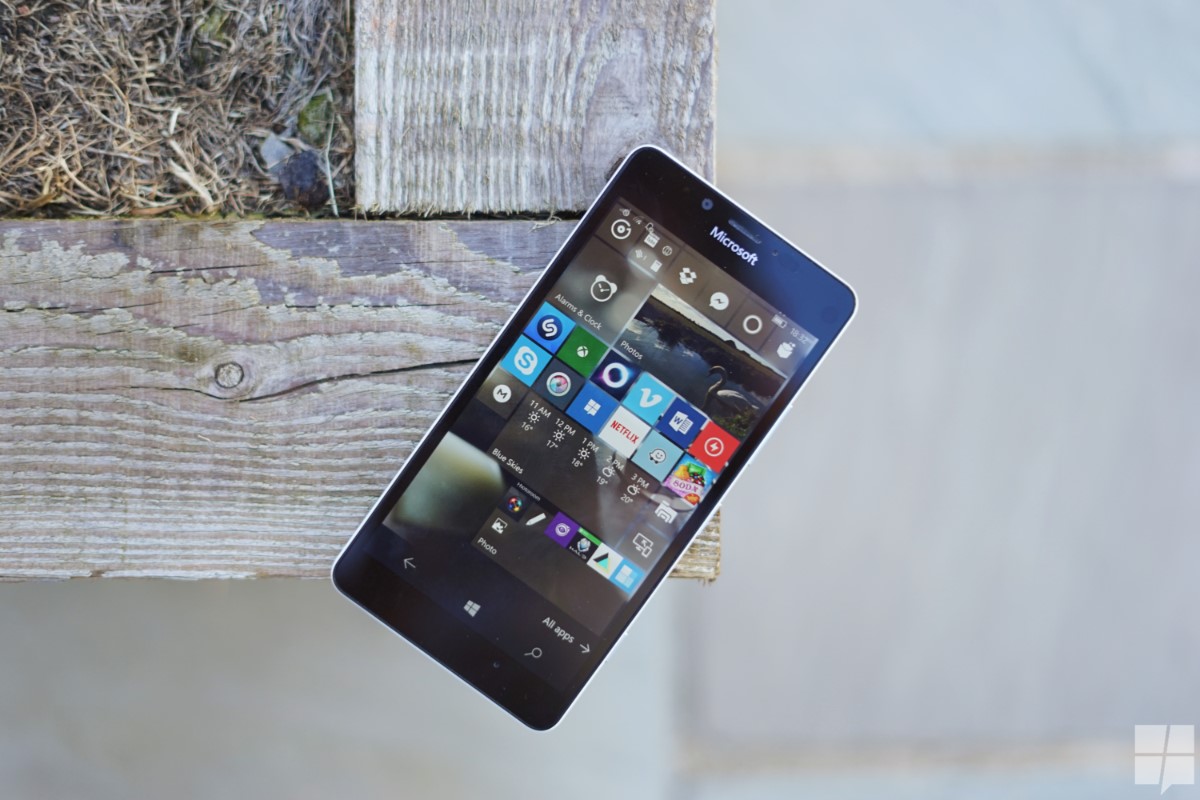

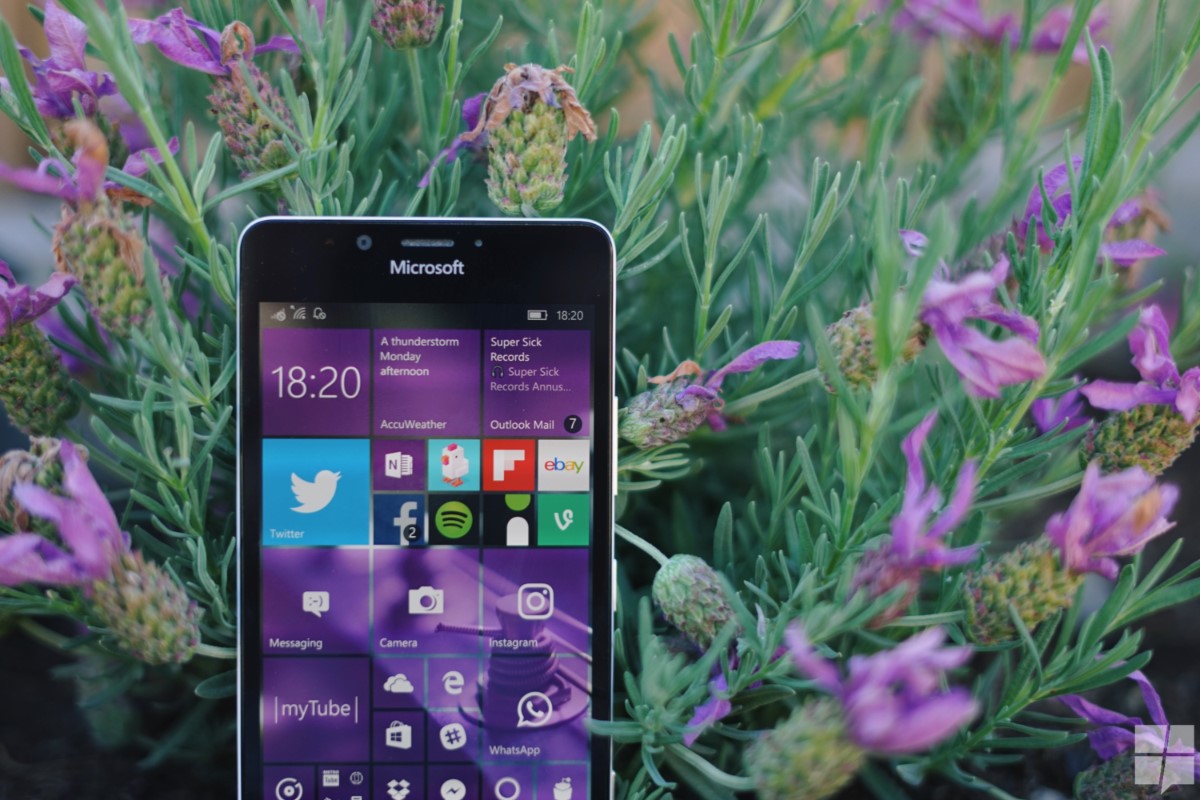
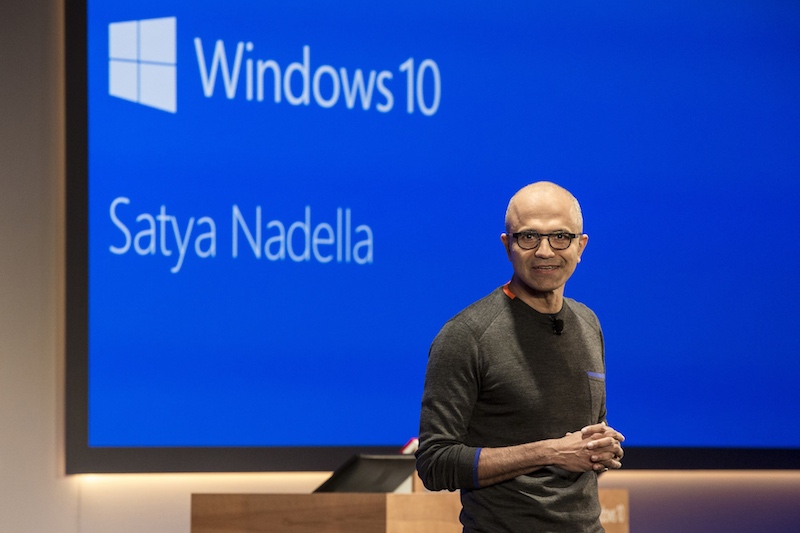
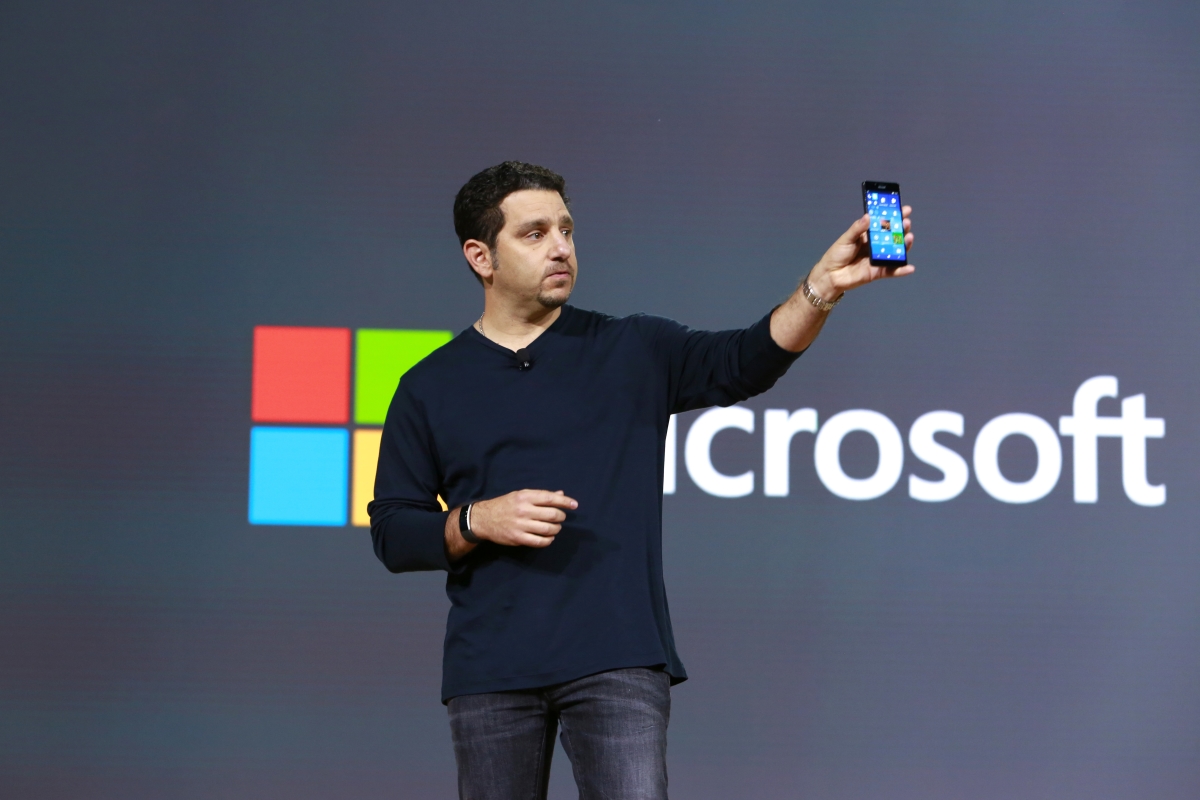
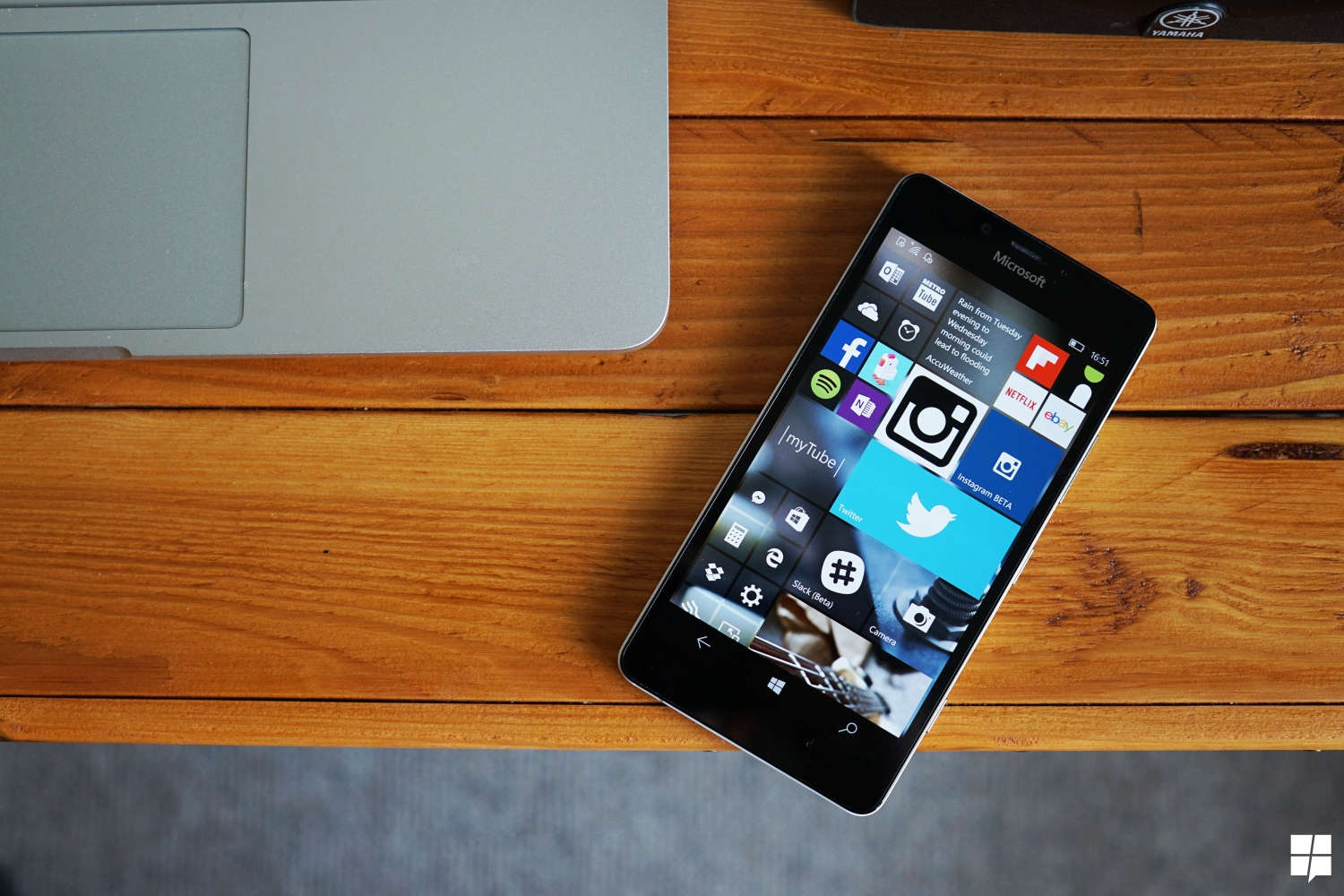
No comments:
Post a Comment